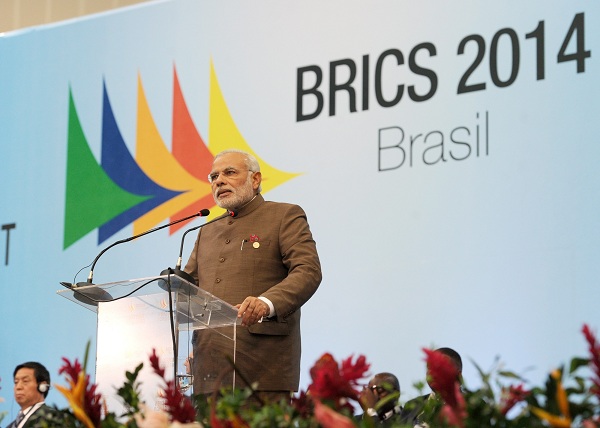
The Prime Minister, Shri Narendra Modi addressing at the Plenary Session of the Sixth BRICS Summit, at Ceara Events Centre, in Fortaleza, Brazil on July 15, 2014. The President of Brazil, Ms. Dilma Rousseff, the President of the People’s Republic of China, Mr. Xi Jinping, the President of the Russian Federation, Mr. Vladimir Putin and the President of the Republic of South Africa, Mr. Jacob Zuma are also seen.
Brasilia (Brazil): In a landmark deal, the leaders of the BRICS countries Tuesday signed a “Fortaleza Declaration”, creating a new $100 billion BRICS development bank and a currency reserve fund which will act as counterweights to western-led institutions the International Monetary Fund and World Bank.
Brazilian President Dilma Rousseff said in a speech following the agreement that the bank would be based in Shanghai, and have an Indian CEO and a regional office based in South Africa, Anadolu Agency reported.
The deal was reached after intense last-minute negotiations to settle a dispute between India and China over the headquarters of the new bank, which will have initial capital of $100 billion to invest in infrastructure projects.
Rousseff said: “I believe the BRICs have made great strides towards creating institutions that will benefit emerging and developing countries.
“The bank will contribute resources to guarantee investments in infrastructure.”
Initial capital for the bank will be $50 billion, paid in equal share of $10 billion by each BRICS member – Brazil, Russia, India, China and South Africa.
Rousseff added that the currency reserve would help safeguard emerging economies from volatility caused by expansionary monetary policy of the United States, which has in the past depreciated the currency of developed countries to the detriment of emerging economies.
Indian Prime Minister Narendra Modi said, “The agreement towards setting up the BRICS New Development Bank is a significant step. I am happy the initiative announced in 2012 in Delhi has become a reality.”
BRICS is a group of emerging economies and draws its name from the five member countries – Brazil, Russia, India, China and South Africa.
Negotiations to create the bank dragged on for more than two years as Brazil and India fought China’s attempts to get a bigger share in the lender than the others. Negotiations had also been stalled over who would host the bank – China, India or South Africa.
There were also tough negotiations over shareholding. China argued that the economic strength of a member nation should be the criteria for contribution to the bank – a higher contribution will automatically mean greater control. But India demanded that each member have an equal share.
BRICS is also considering starting a joint infrastructure fund with initial capital of around $10 billion, a source close to the discussions told Reuters on Tuesday. The money would be invested in infrastructure projects within the BRICS countries, including the construction of roads, bridges and airports.

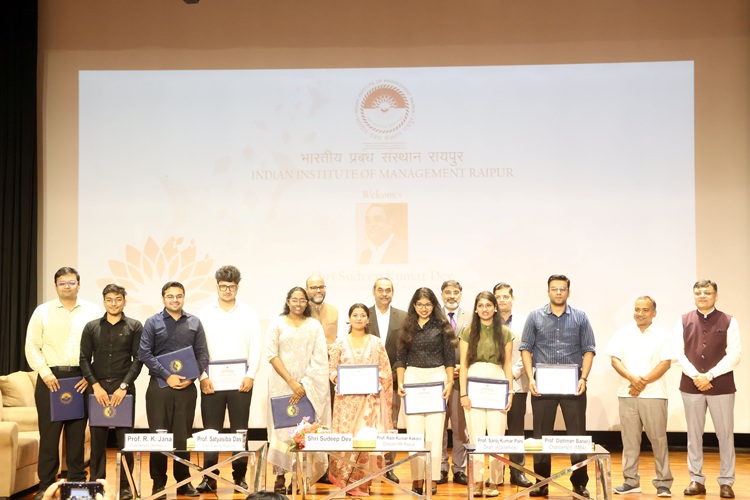
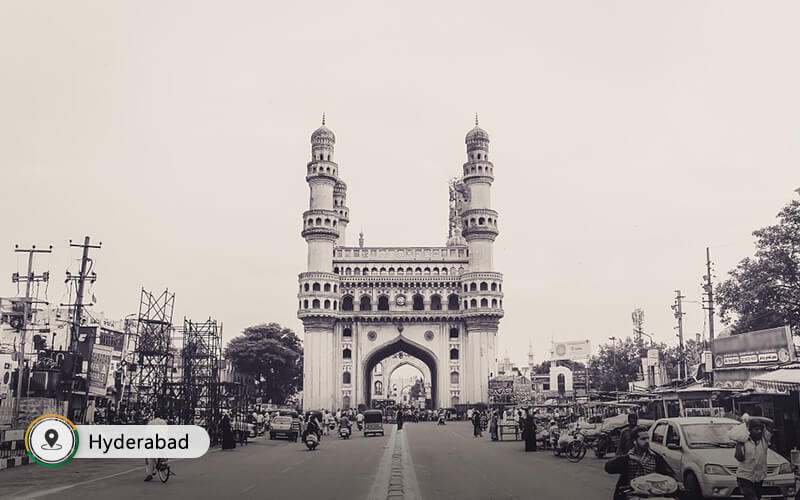
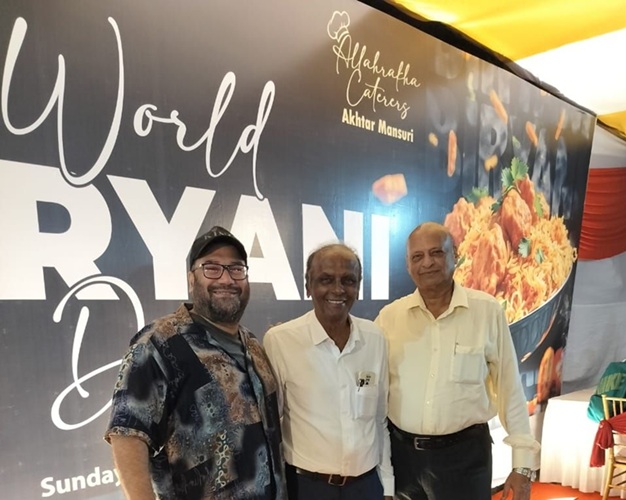
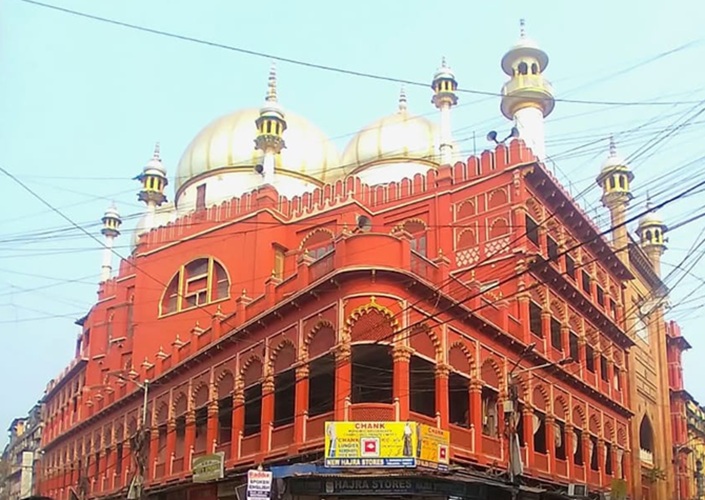
0 Comments